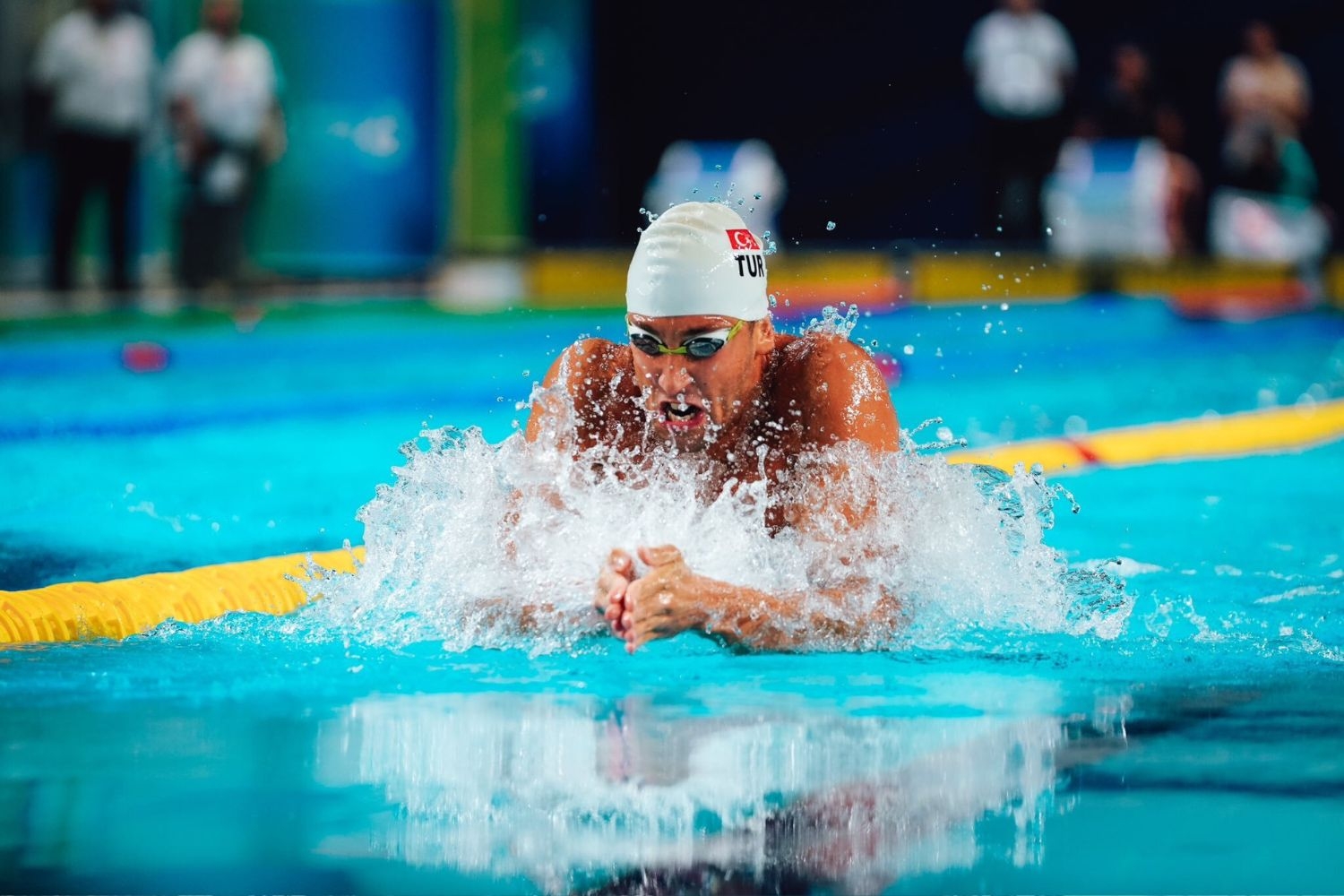
Historic Achievement in Swimming
National swimmer and world record holder Hüseyin Emre Sakcı, a student at Izmir University of Economics (IUE), achieved another historic ...
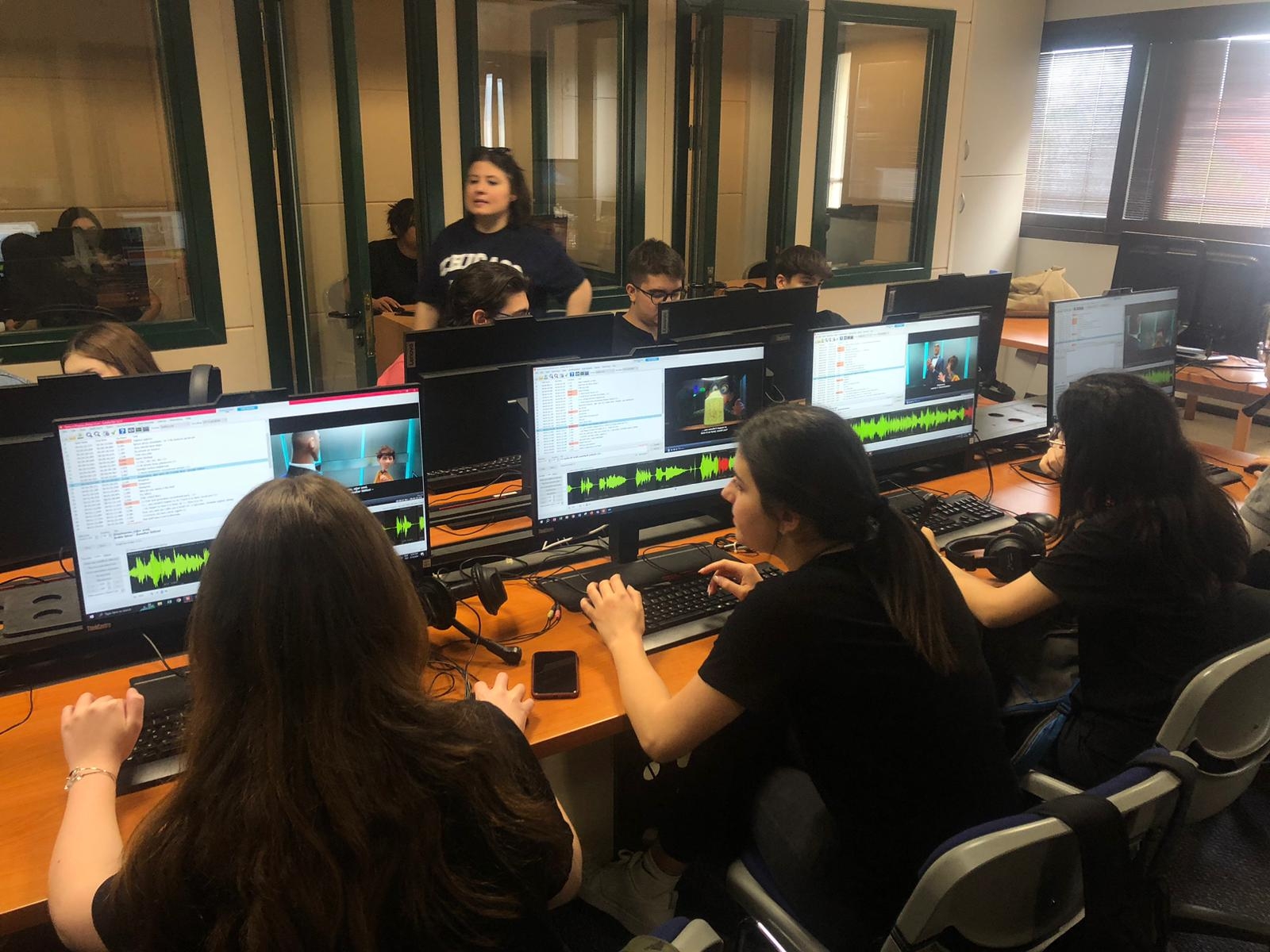
Subtitling Workshop with High School Stıdents
Damla Kaleş, lecturer of the Applied English Translation Program, organized a 2.5-hour subtitled translation workshop with students and English teachers ...

Apprentices Ask the Experts" event.
The Applied English Translation program hosted Ms. Nur Karen Bektaş, the owner of Neko Translation, on Thursday, April 18, 2024, ...
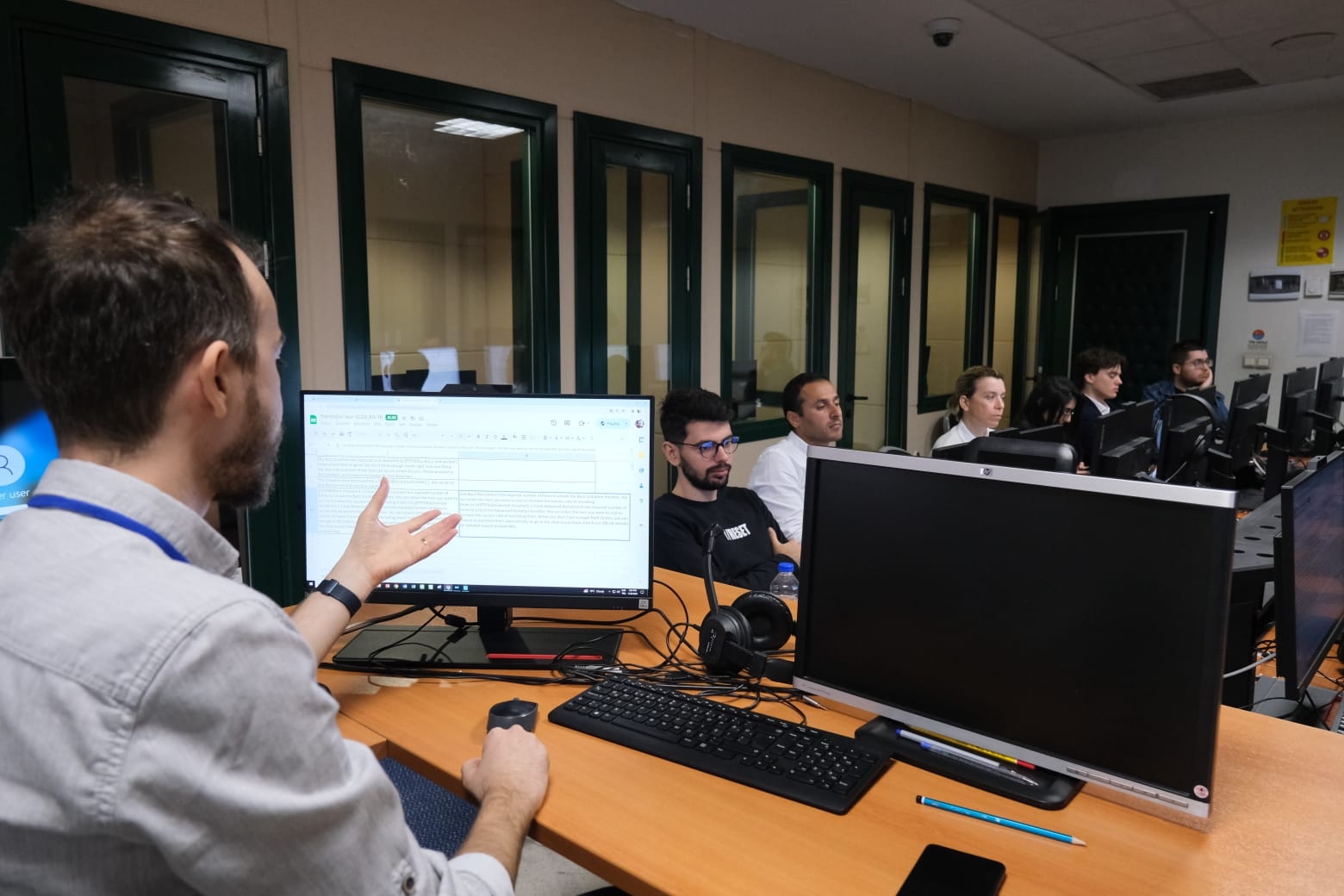
During the Tourism Days, Applied English Translation students participated in the "Game Translation Workshop."
During the Tourism Days, participants had the opportunity to engage in the "Game Translation Workshop" prepared by Esat Yılmaz, Co-Founder ...
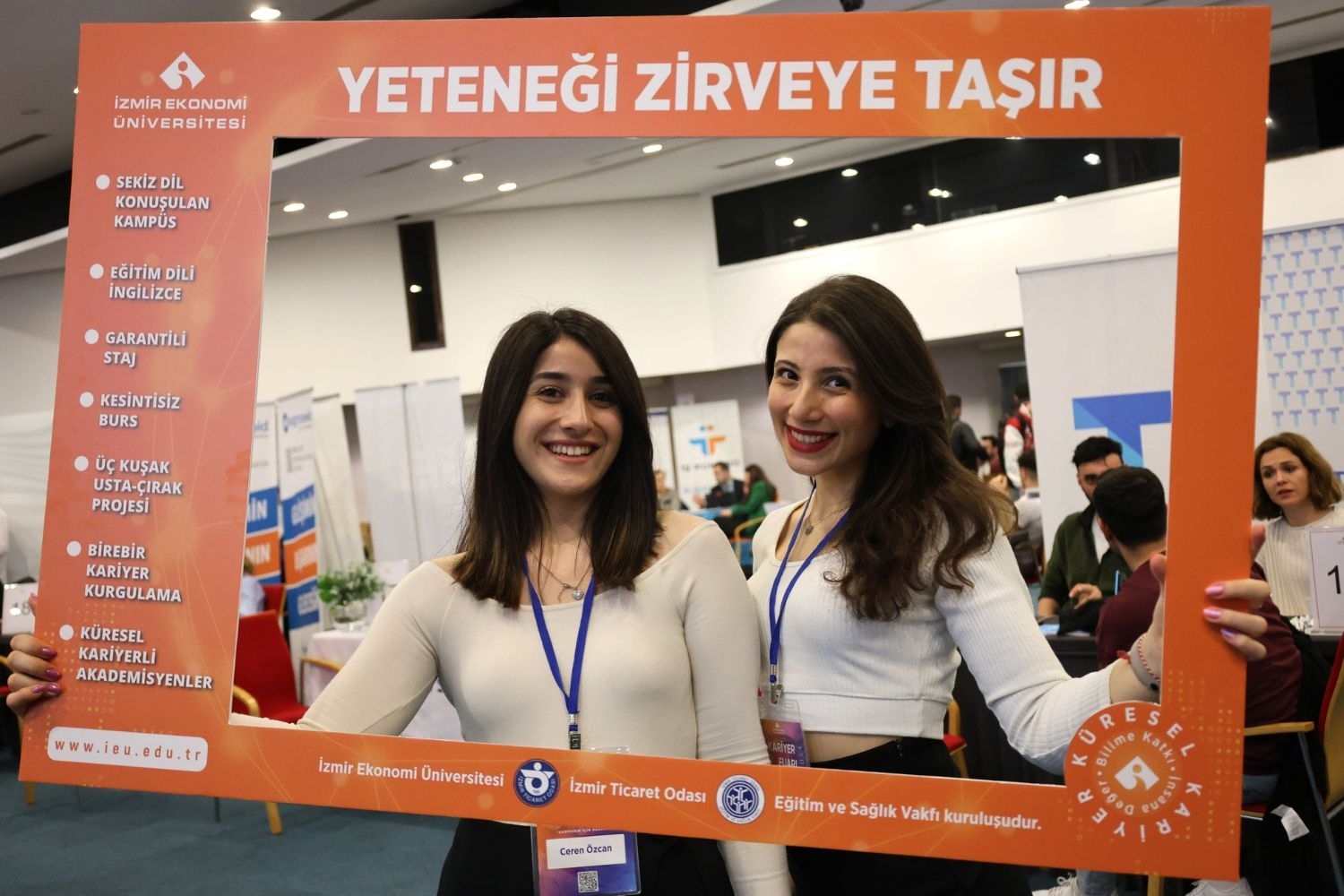
Program Students at IUE Career Fair!
Izmir University of Economics (IUE), which places great importance on its graduates’ and students’ strong communication with the business world, ...

Information Meeting with program students prior Spring Semester
Before the 2023 - 2024 Spring semester, an information meeting was held with our 1st and 2nd grade students before ...
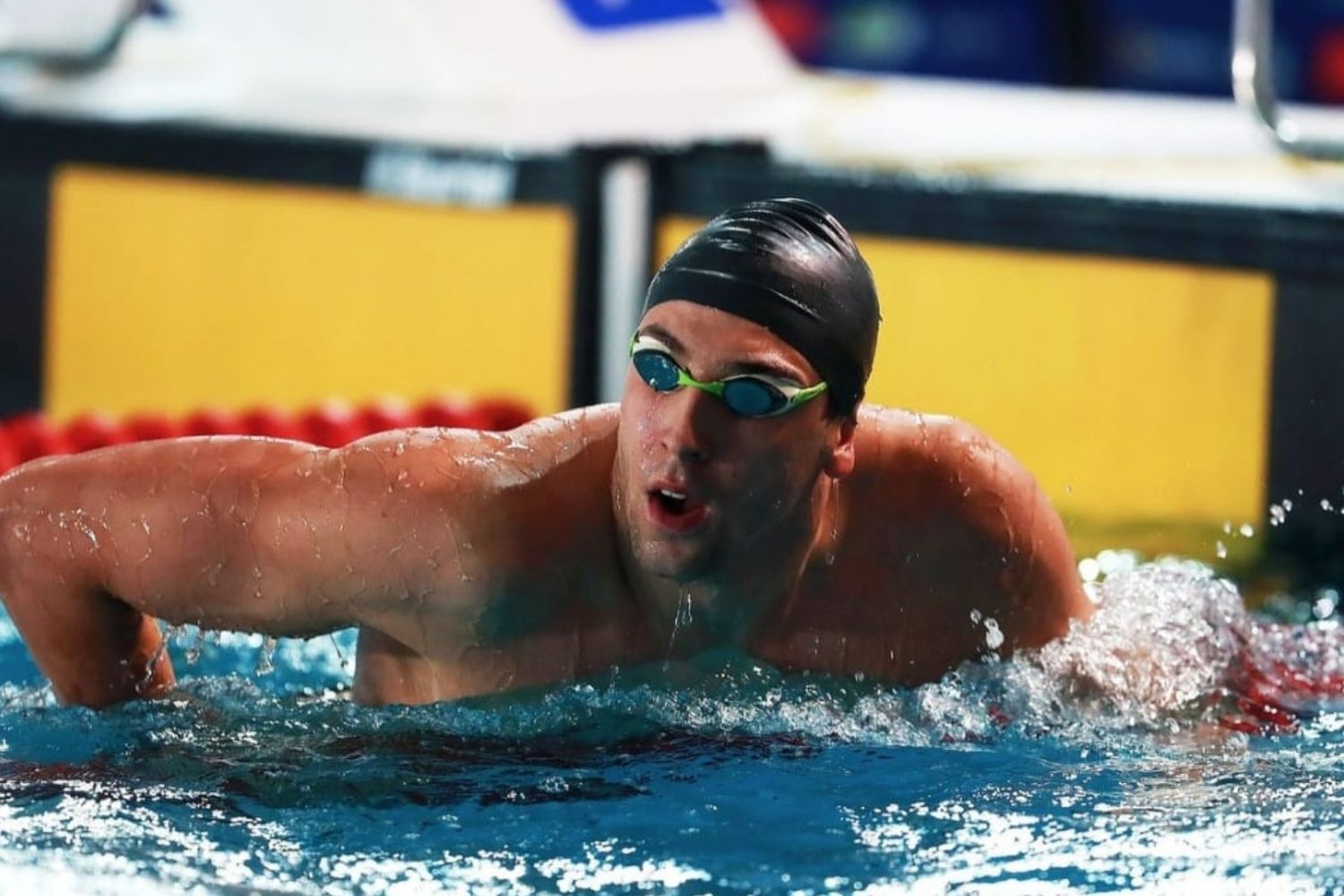
Lord of the medals
Emre Sakcı, the national swimmer with a world record and a student at Izmir University of Economics (IEU), brought another ...
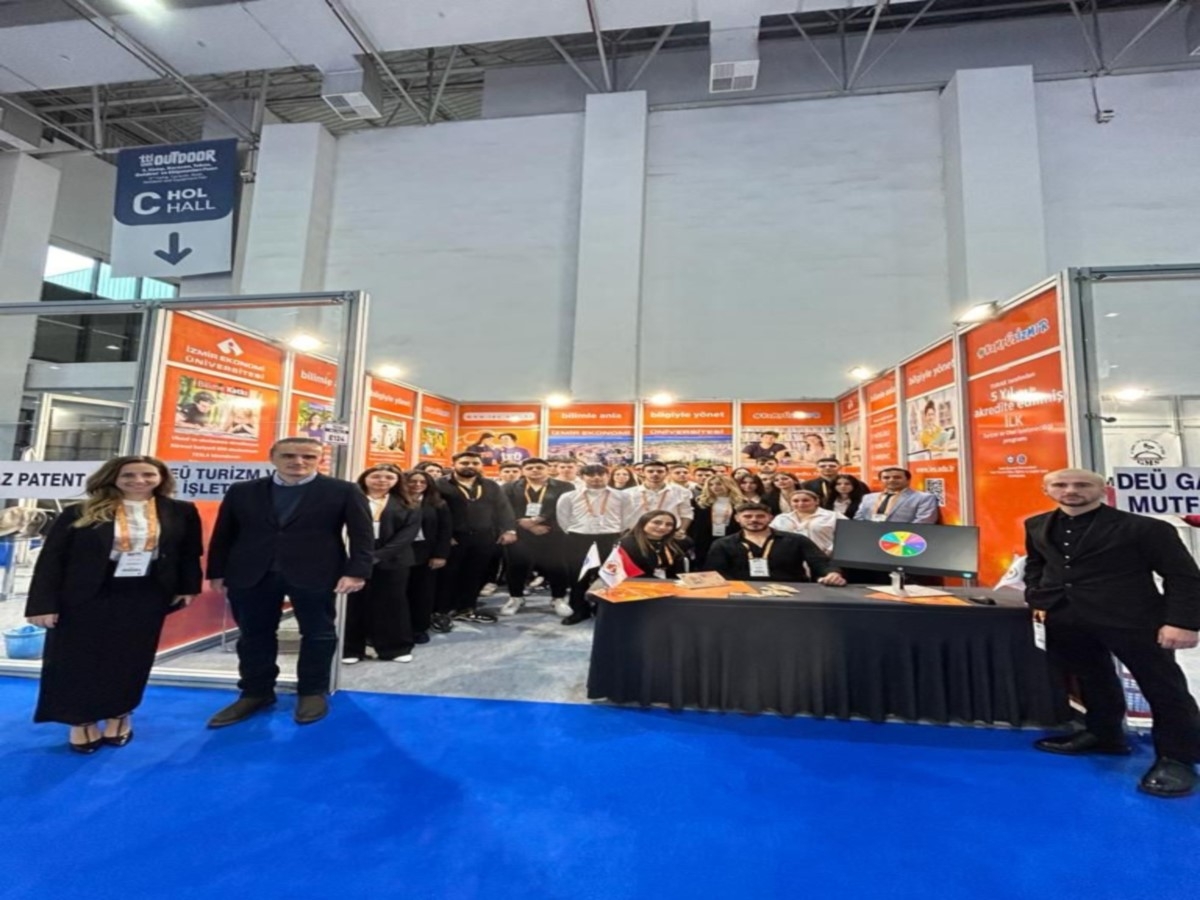
Applied English Translation students at Travel Türkiye Fair in Izmir
The students of the Applied English Translation program at the Vocational School attended the Travel Türkiye Fair held at the ...




